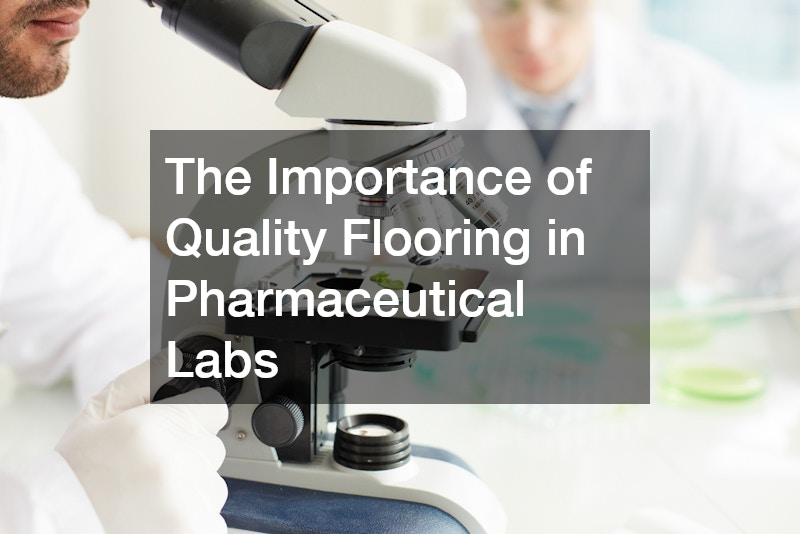In pharmaceutical laboratories, the choice of flooring is not just a matter of aesthetics; it’s crucial for maintaining the highest standards of safety, cleanliness, and efficiency. Quality flooring, such as epoxy flooring for pharmaceutical industry applications, plays a significant role in ensuring that labs function optimally and meet regulatory requirements.
Firstly, durability is a key factor. Pharmaceutical labs are high-traffic environments with frequent movement of equipment and personnel. High-quality flooring materials, such as epoxy resin or vinyl, are designed to withstand the rigorous demands of these settings. They resist wear and tear, reducing the need for frequent repairs or replacements, which can be both costly and disruptive.
Secondly, cleanliness is paramount in pharmaceutical labs. The flooring material must be non-porous and easy to clean to prevent contamination. Flooring options like seamless epoxy or polyurethane provide a smooth surface that minimizes the risk of microbial growth and is resistant to spills and stains. This ensures that the lab remains hygienic and compliant with stringent industry standards.
Safety is another critical consideration. Labs often involve the use of hazardous substances and heavy equipment. High-quality flooring should offer slip resistance to prevent accidents and injuries. Additionally, it should be able to support the weight of lab equipment without deforming or cracking, which could lead to unsafe conditions.

Lastly, the right flooring contributes to the overall efficiency of a lab. High-performance flooring can enhance the ergonomics of the workspace, providing a comfortable environment for lab personnel who spend long hours on their feet.
